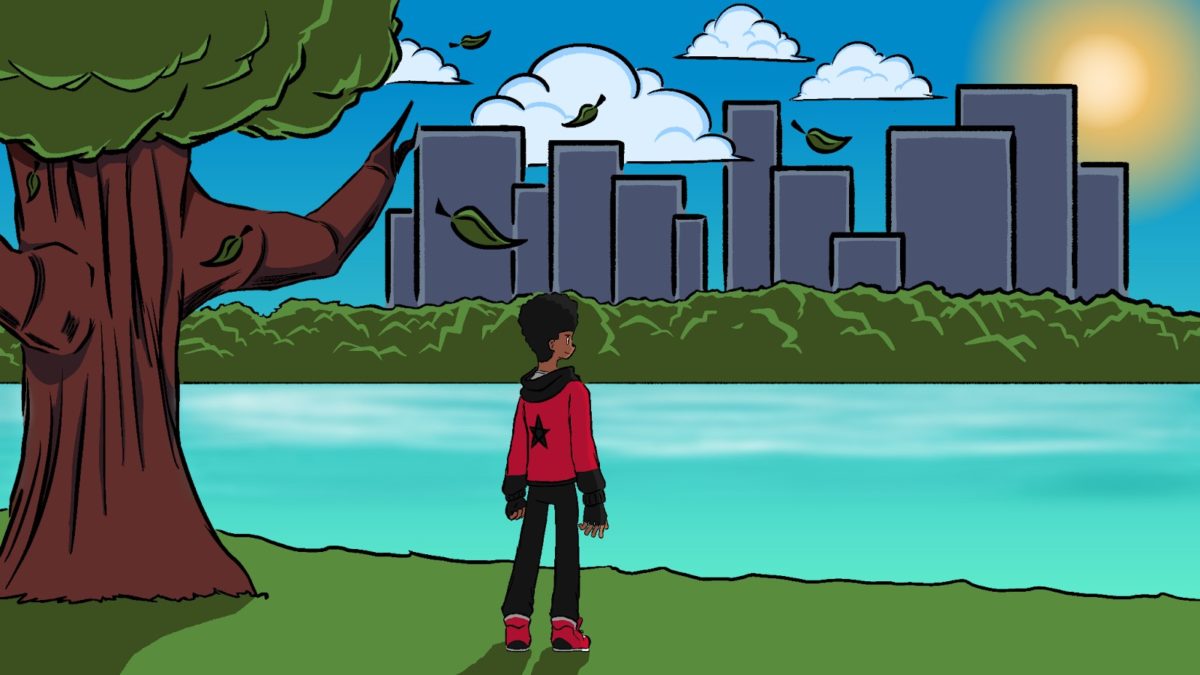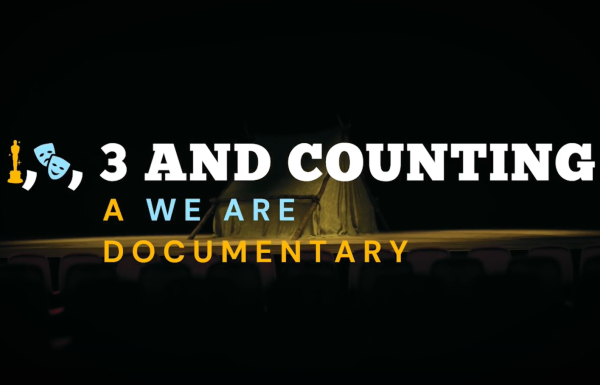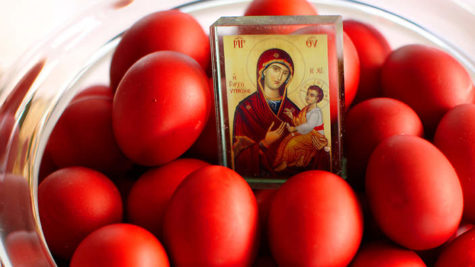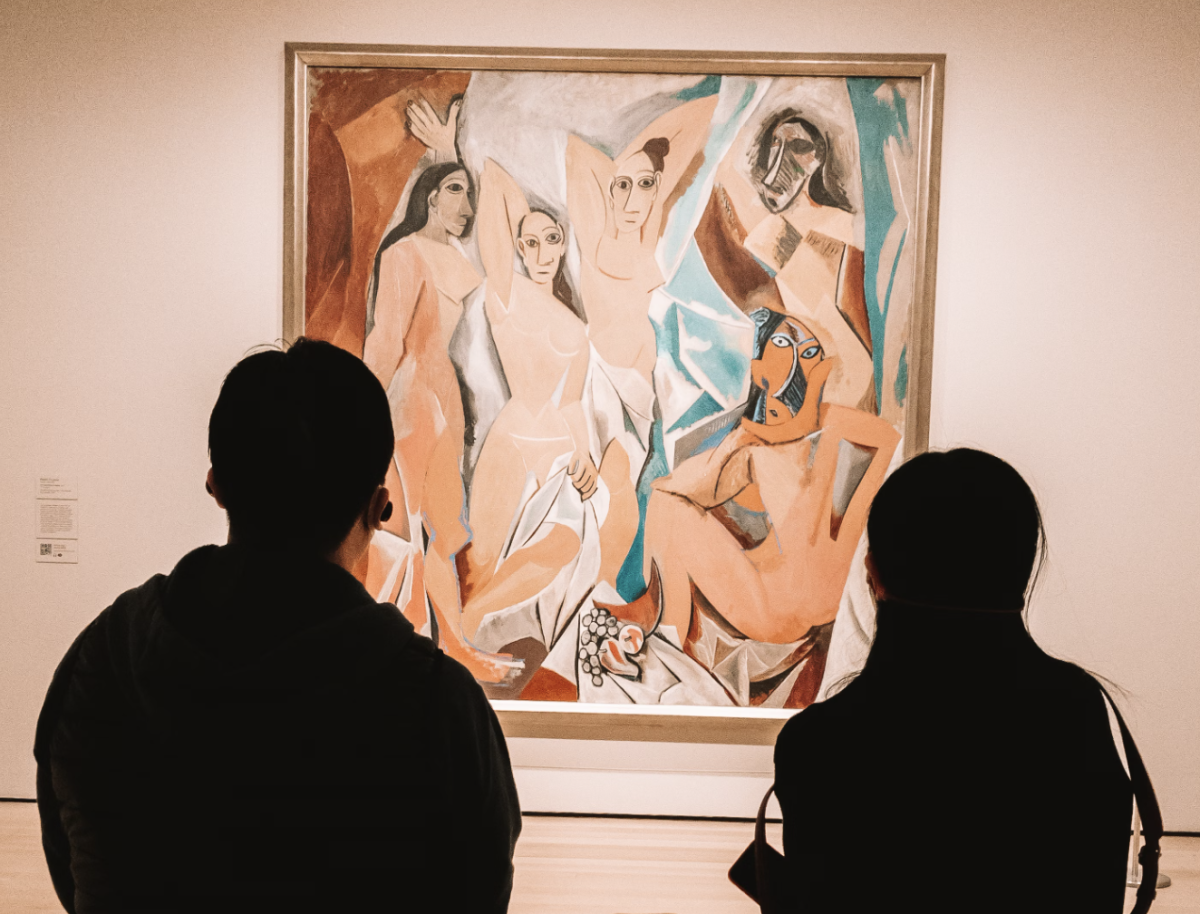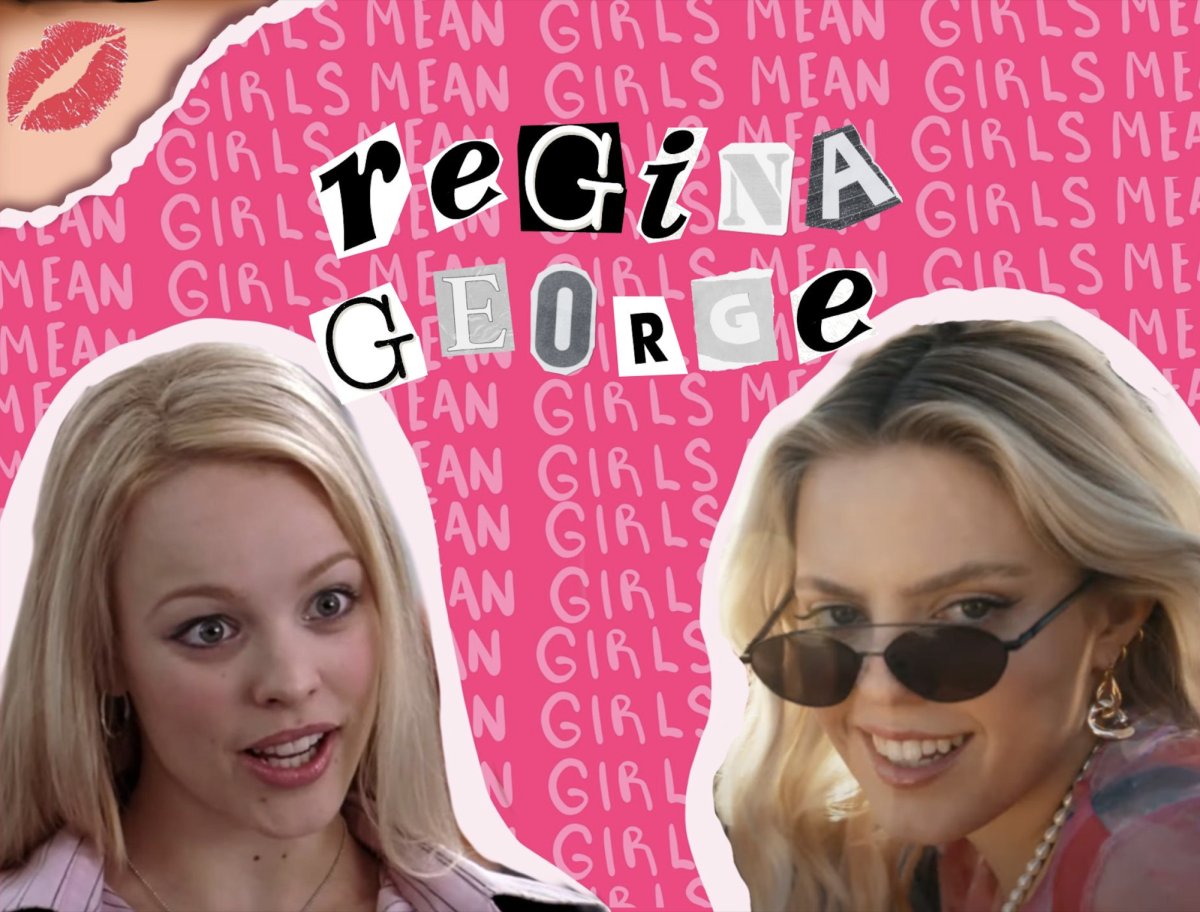There is nothing like a comment that begins, “As a ‘insert label’, you must ‘insert assumption’”. I had one such sentence levelled at me recently.
“As an English teacher, you must hate the production ‘& Juliet’. They’ve butchered everything good about Shakespeare by turning ‘Romeo and Juliet’ into a pop musical!”
My response? Tickets were promptly booked for my family to see the performance on Easter Sunday.
I will be careful to avoid spoilers, but ‘& Juliet’ involves the somewhat ridiculous exploration of an alternate ending to ‘Romeo and Juliet’, made possible by Shakespeare’s wife demanding some input into the composition of the plot. It was a performance that required the audience to think about the enduring influence of the work of Shakespeare, the limitations experienced by women in the Elizabethan world and how the current values of our society both align and contrast. Alongside these considerations, I was simultaneously marvelling about the influence of the ‘Australian Idol’ enterprise in establishing careers in musical theatre, appreciating the nostalgia of the still-surprisingly-familiar opening chords to the big hits from ‘The Backstreet Boys’ and reflecting on the mysteriously inexplicable ability of mainstream pop music to capture universal emotions. Far from hating the performance, I enjoyed every minute.
I think this is where English teachers can be misunderstood. Do we value engaging with texts in their original form? Do we want students to work hard to decode meaning from language which seems outdated, even when a translated version is easily accessible? Do we want students to be challenged to engage with literature from a different time even though it seems irrelevant to their lived experience in a digital world?
Undoubtedly, yes.
Do we want a student’s understanding to stop there and for them to remain bogged in texts of the past, potentially seeing the whole exercise as a form of unusual punishment?
Most certainly, no.
I long for any student who has sat in our English classrooms to understand what has been achieved through language in the past so they can go on to build upon this foundation in whatever way life allows them to. It is my hope that through appreciating the influence of historical context on literature, it will be clear what possibilities are open for them as they experiment and play with language in their own world.
I sat in the performance of ‘& Juliet’ knowing that our Year 9 students who have just finished studying ‘Romeo and Juliet’ would have understood a joke about Juliet being too young to enter a party at a ‘club’ because they have wandered around with thirteen-year-old Juliet in the world of the original play. I recognised that a passing reference to Macbeth’s problematic marriage would not slip past unnoticed by our Year 10’s as they have recently spent time in the Scottish world full of manipulation and carnage. I felt a certain sense of pride knowing that students who had walked in and out of our English classrooms over the years would be amongst the number who could fully access and appreciate a performance that was subverting, experimenting and having fun with one of the most tragic stories ever told.
And as I moved from the Lyric Theatre to our Easter church service in a small suburban hall, my mind drifted towards our Year 12 Advanced cohort and I wondered if, on this weekend in particular, their minds had drifted towards what was foreshadowed by the image we decoded in class of ‘three trees on the low sky’ as penned by T.S Eliot. The texts we teach in English are not designed to simply stay on the page; they are designed to open doors to worlds which, once we have entered, never release us from their grip entirely.
I had a lot of fun watching a performance which was the result of people possessing the courage and flair to meddle in the world of Romeo and Juliet, and what intense meddling it was that enabled lyrics sung by the likes of Britney Spears, Demi Lovato, Jessie J, Pink and Jason Derulo to express emotions for characters created by William Shakespeare in the 1590’s.
I can’t quote one of my favourite lines of the production in its entirety because we rightly don’t use such words at WCC. The character of Shakespeare was trying to stop his wife’s assertions that he needed to change the play. He declared, “I’m sorry, but the ending hath been writ,” to which his wife abruptly replied, “I understand, but dear, the ending’s ….”
As an English teacher, I do value greatly the access we have to Shakespeare’s ideas, prose and creativity, however, I don’t believe this should result in a fear of his works being reduced through adaptation. Coupled with the appreciation of the original must be an understanding that the ending of any story cannot be declared with any finality as ‘writ’.
Stories just don’t work that way, especially not the powerful ones.





